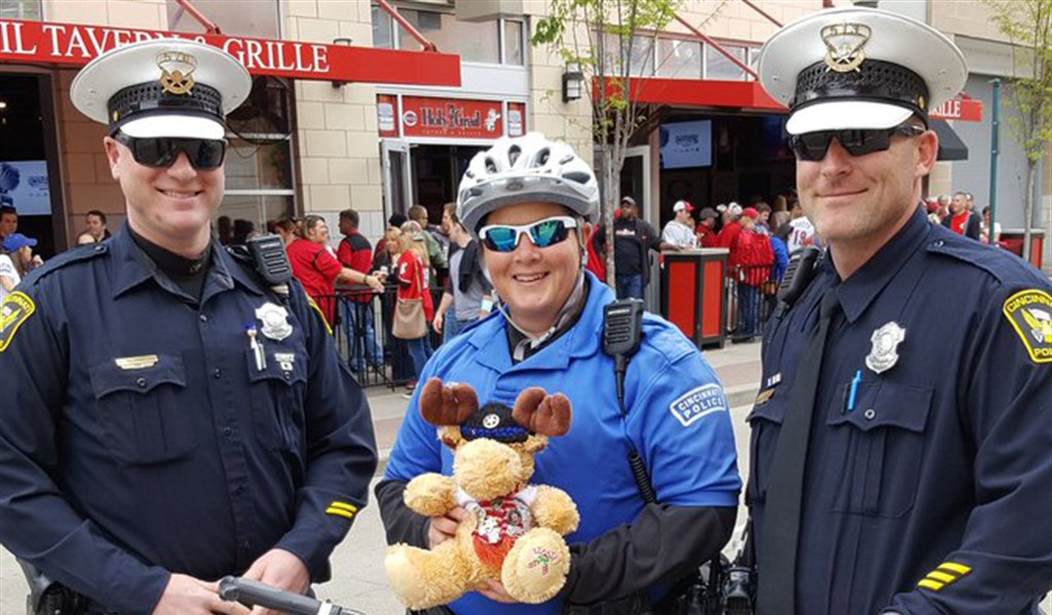Let’s say there’s a violent intruder at your door or someone is breaking into your house in the middle of the night. Who ya gonna call? Assuming that you don’t have the number for the Ghostbusters, you’ll probably dial 911. But in a number of cities, the odds that anyone will be available to respond quickly enough to save you have been dropping. The problem has grown serious enough that even the Associated Press has been forced to cover the story. They begin with an interview with George Spaulding of Portland, Oregon. Five years ago, his son Brian was shot to death in his apartment. Though George checks in with the detective assigned to the case frequently, the police say they still have no leads. But even George admits that the police are simply overwhelmed and they probably just don’t have the manpower to assign anyone to really work the case full time. And it’s not just Portland where this is happening. Response times to emergency calls are rising and the number of criminal cases being closed are falling in many cities.
From Philadelphia to Portland to Los Angeles, killings and gun violence are rising at the same time officers worn out by the pandemic and disillusioned over the calls to divest from policing that followed George Floyd’s murder are quitting or retiring faster than they can be replaced.
Departments are scrambling to recruit in a tight labor market and also rethinking what services they can provide and what role police should play in their communities. Many have shifted veteran officers to patrol, breaking up specialized teams built over decades in order to keep up with 911 calls.
“We’re getting more calls for service and there are fewer people to answer them,” said Philadelphia Police spokesperson Eric Gripp, whose department has been rotating employees from specialty units for short assignments to increase patrols. “This isn’t just an issue in Philadelphia. Departments all over are down and recruitment has been difficult.”
If you read through that entire report, the AP cites statistics and provides quotes from various officials in five cities. Take a look at this list of names and see if you notice anything in common. Portland, Seattle, Los Angeles, Philadelphia, and Baltimore are all cited. It should come as no surprise to most of our readers that these are all cities that were subjected to violent BLM riots during the Summer of Love and all of them later attempted to “defund the police” in various ways.
Now crime rates are up in each of those cities, particularly violent crime rates. Response times are up and case closure rates are down. The police forces in each of those cities have been depleted and they are struggling to find qualified recruits to replace the officers who have left. (Along with the officers who were killed or too seriously wounded to return to duty in some cases.)
Is there any honest person who is having trouble connecting the dots here? The Associated Press gamely quotes one professor from the Crime and Justice Policy Lab at the University of Pennsylvania. He claims that you can’t blame the protests and the defunding movement because “crime is up in many areas,” even where those things didn’t happen. That much may be true, but it’s definitely a lot worse in the cities on this list. How can anyone continue to deny this?
Today, we’re hearing complaints from disgruntled and frightened citizens. That’s understandable. But we should also remember that many of those complaining the loudest also helped elect the municipal officials who put all of these policies in place to begin with and bent to the will of the mob. Now they are reaping what they have themselves sown. If you don’t like what’s going on in the streets, take some responsibility yourself and work to put new people in charge who will deal with the situation in a serious fashion. Once you do that, you just might be able to convince some new aspiring law enforcement officers to come to work in your cities.








Join the conversation as a VIP Member